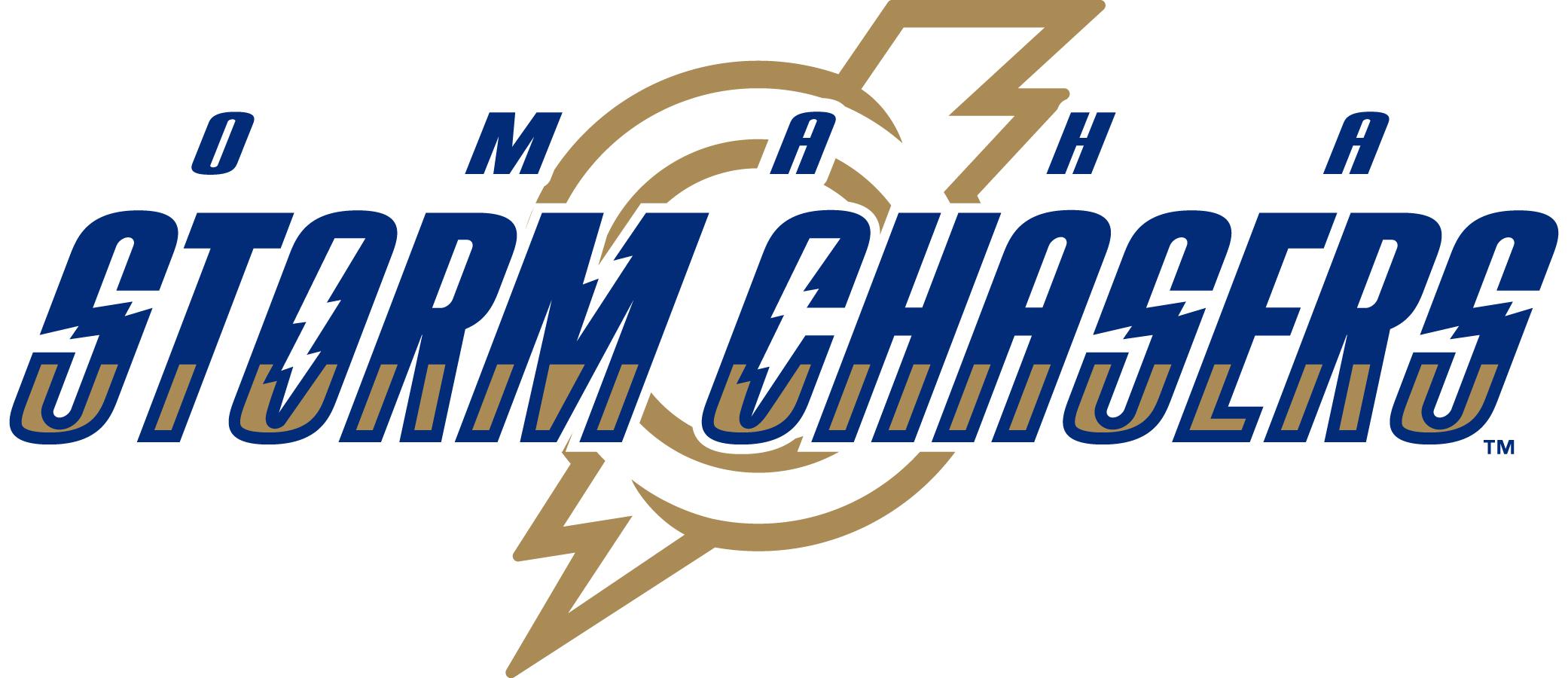

The kana ゐ/ヰ ( wi, ゐ/ヰ) and ゑ/ヱ ( we, ゑ/ヱ) remain in use, though mainly the katakana forms for transcribing loanwords.

They are also written in simplified forms "borrowed" from Japanese Shinjitai. Hanja ( Chinese Characters) are more commonly used in Korean than in our timeline, but not to the same level as the Japanese kanji.

Warsaw, as the capital, uses both scripts. Generally, Cyrillic letters are used in eastern parts of Poland while Latin letters are used in the western parts. The Polish language can be written with either the Cyrillic or Latin scripts. In Japan, some words have different forms, or older forms remain more popular than newer ones. In Differently, Martin of Braga failed to incorporate such a change, resulting in weekdays similar to those of Spanish, Italian, French, Romanian, etc. As a result, the modern Portuguese, Galician and Mirandese languages, which descend from Galician-Portuguese, are the only Romance languages with numbered weekdays. In OTL, Saint Martin of Braga (520–580 AD), wishing to remove Pagan influence, replaced the names of weekdays (Monday to Friday) in the Galician-Portuguese language, which at the time referred to planets named after Roman gods, by Latin liturgical days. Although not to the point of other Germanic languages, English is slightly less Latinized than in our timeline. Some words and phrases in several languages differ.ĭue to a strong purist movement, several words of Old English origin, which in our timeline fell into disuse, survived and are still widely used in Modern English with the senses listed below.


 0 kommentar(er)
0 kommentar(er)
